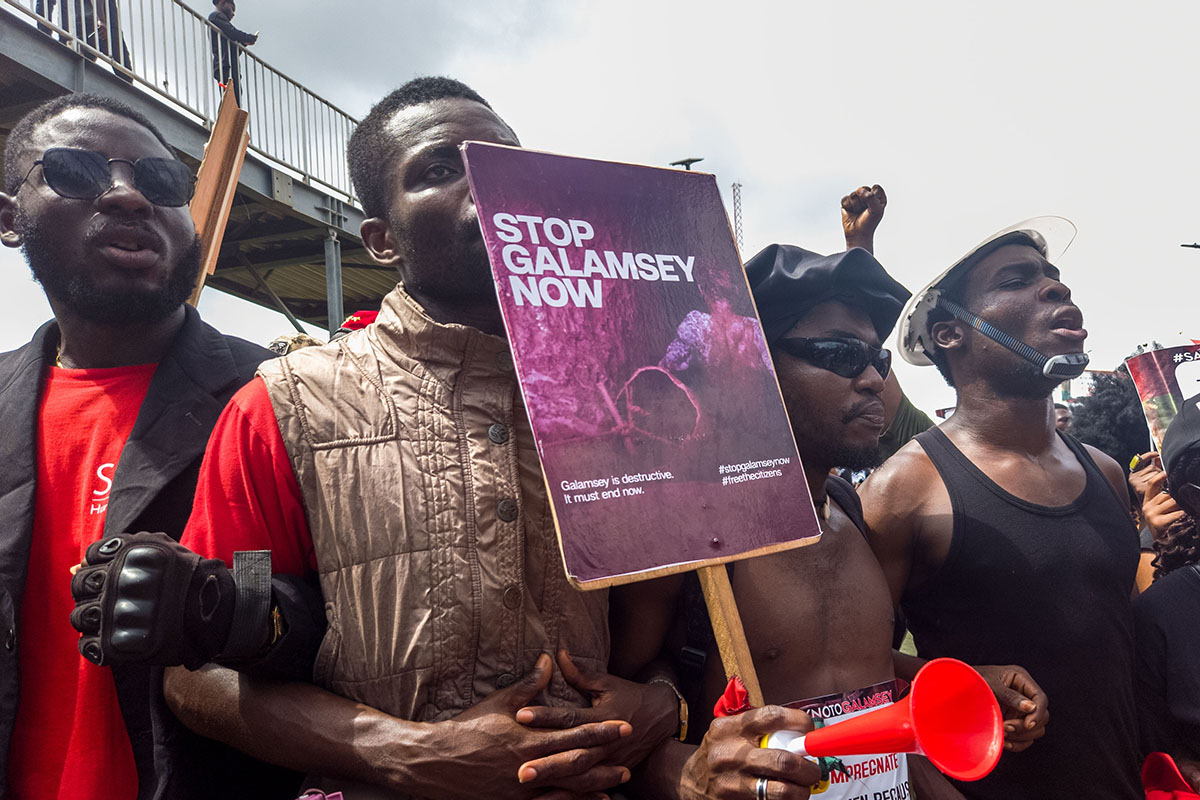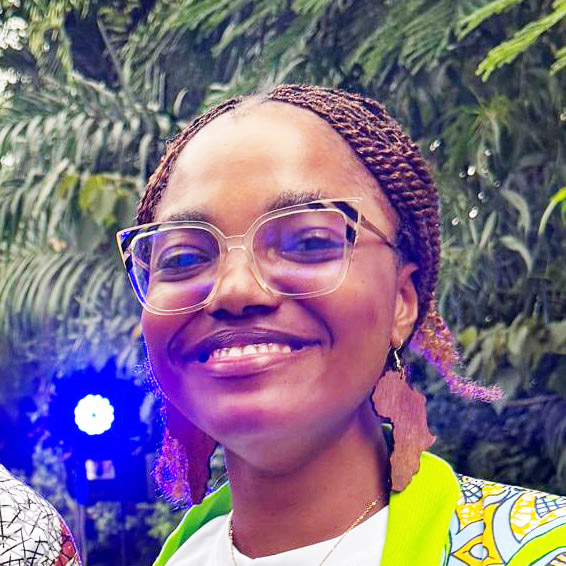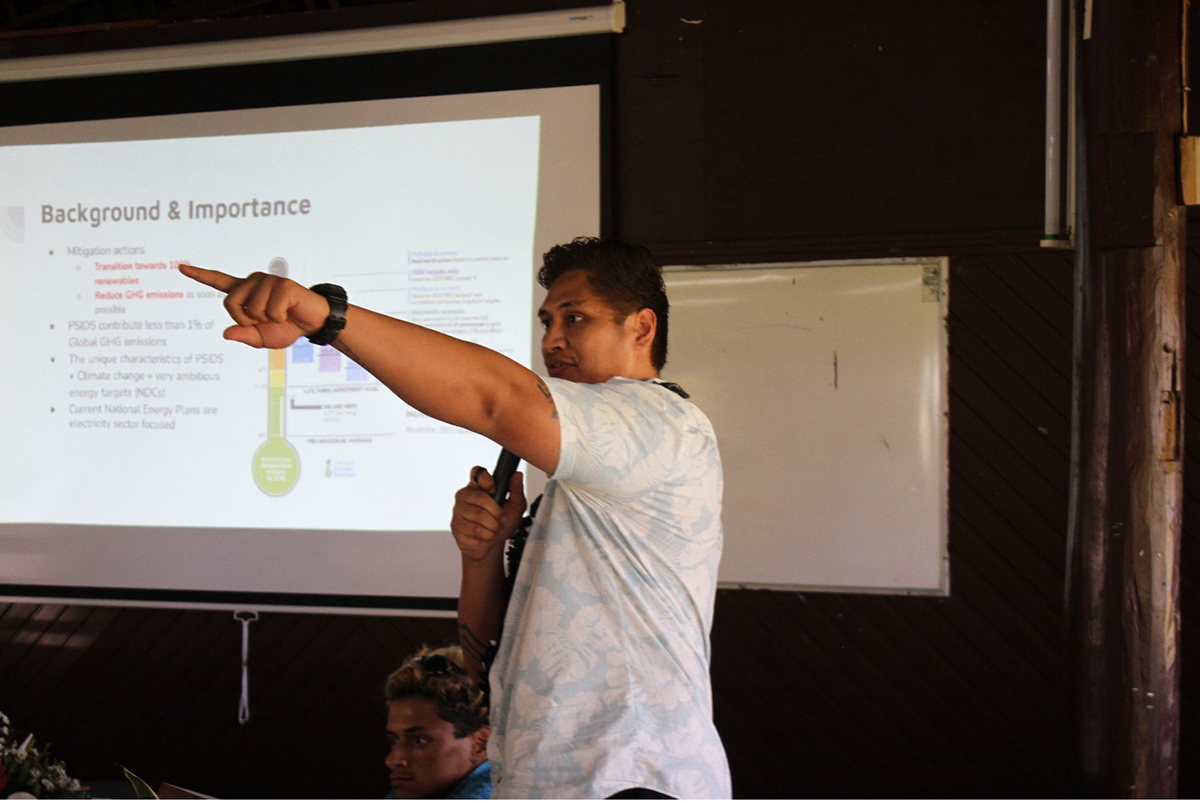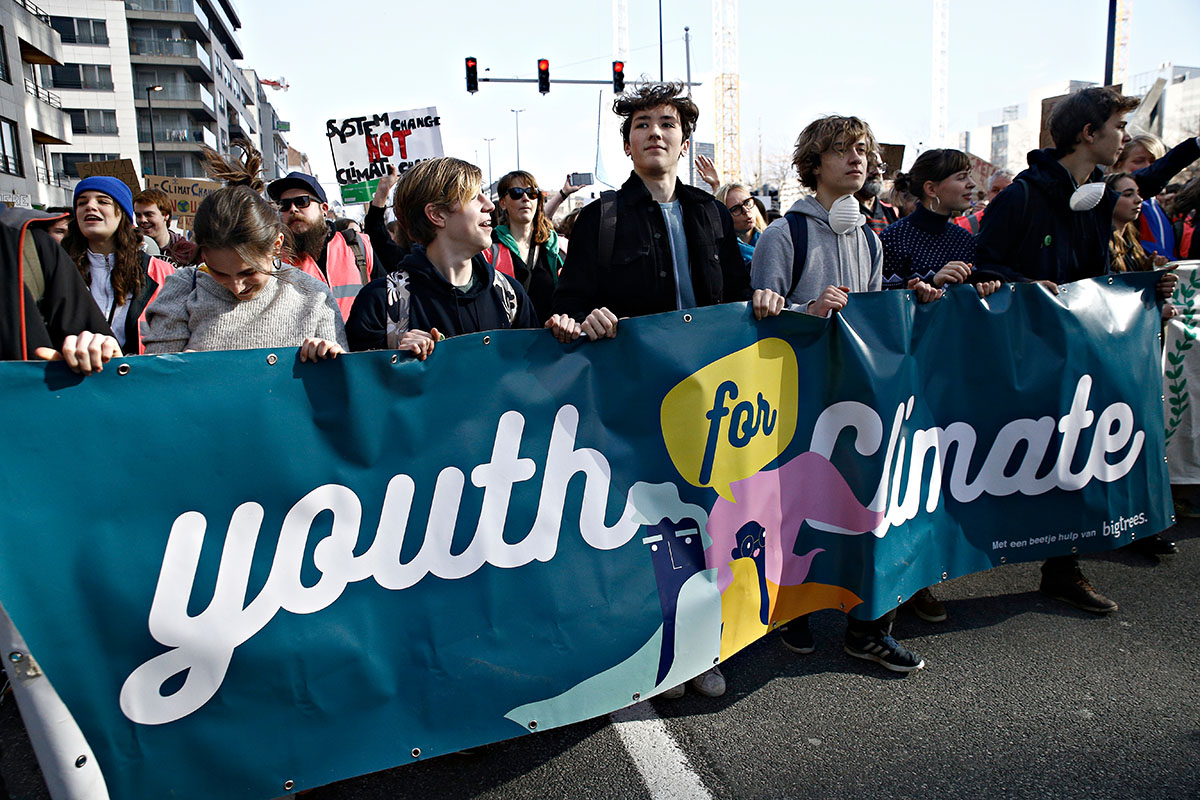The Plateau we expected; A Reflection on Galamsey, Governance, and Broken Promises
December 10by Ewura Adwoa Larbi
The #freecitizens protest in October 2024 was a powerful demonstration of civil resistance in Ghana, one that captured national and international attention. In hope, citizens gathered to demand an end to Galamsey (illegal mining), which has ravaged our forests and water bodies, and to call for the release of peaceful protestors who had been unlawfully detained. The collective frustration with a government, seemingly paralyzed in its fight against environmental destruction and corruption, was palpable. Two months later, in the deafening silence, I echo the obvious; was the advocacy worth it?
Government’s Knee-Jerk Reaction
When I first learned of knee-jerk reactions in humans, I was in elementary school. The explanation that has stayed with me was that this was a mechanism in our knees that helped when we were descending a height, so we wouldn’t fall. What stood out? The words ‘automatic’ and ‘reflexive’. In response to the protest, the government acted in typical knee-jerk fashion. A task force was hastily deployed to mining sites, with promises of a renewed commitment to combating illegal mining. However, this response was neither strategic nor sustainable. Members of the task force later reported being attacked by illegal miners, highlighting the lack of preparation and systemic approach in tackling the problem.
Meanwhile, organised labour, which had threatened to strike in solidarity with anti-galamsey advocacy, rescinded their plans after receiving assurances from the government. This decision, while understandable in the face of mounting economic pressures, effectively weakened the momentum of the movement. The lack of follow-through by both the government and labour unions has left a dent in the sustained work of activists, CSOs and the media.
Legislative Inertia
In the halls of power, the Attorney General took a notable step by moving for the repeal of LI 2462—a legislative instrument that inadvertently enabled illegal mining by failing to impose stringent controls. This move was seen as a potential breakthrough in the fight against galamsey. However, parliament’s subsequent indefinite recess has stalled any progress. The legislative inertia was further compounded by the now-infamous parliamentary disputes over the majority-minority split, as well as a court case that has engulfed the house in controversy.
The result? LI 2462 remains in limbo, and illegal miners have exploited this vacuum to expand their operations. Reports indicate that miners are now targeting new forest reserves, such as the Nseung South Forest Reserve, further deepening the environmental crisis.
Advocacy Fatigue
For those of us who marched, wrote, and spoke out during the #Freethecitizens protest, the past two months have been a test of resolve. Advocacy fatigue is real, and it is easy to feel like our efforts have been in vain. The government’s sporadic actions, lack of strategic planning, and failure to address the root causes of galamsey underscore the systemic challenges we face.
Was the Advocacy Worth It?
Is it weird that I do not grapple with the question of whether our efforts truly matter? Although the #FreeTheCitizens protest did not lead to immediate, tangible change, I believe it ignited a national conversation and forced the government to act, however briefly. It exposed the cracks, and galvanised the young people to care deeply about environmental stewardship.
That’s the win.






